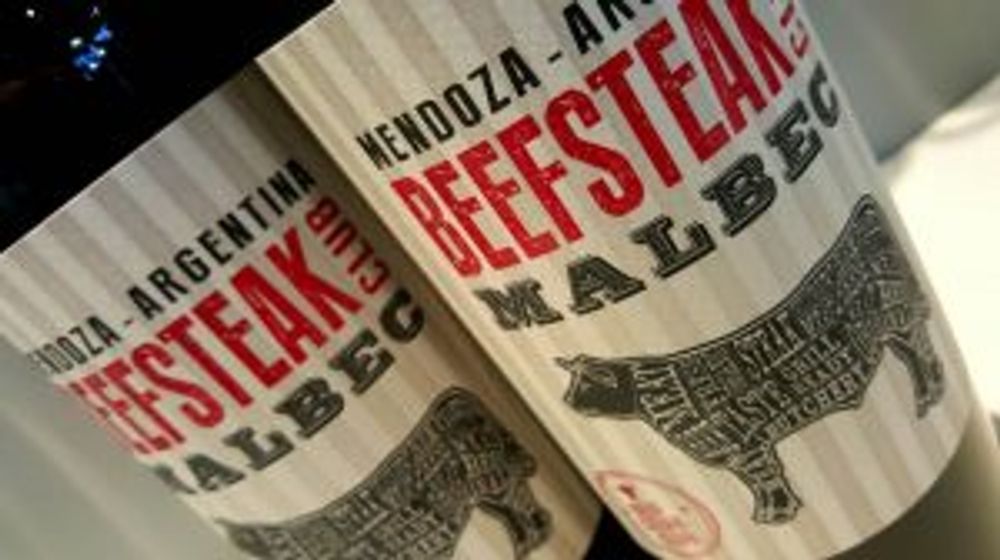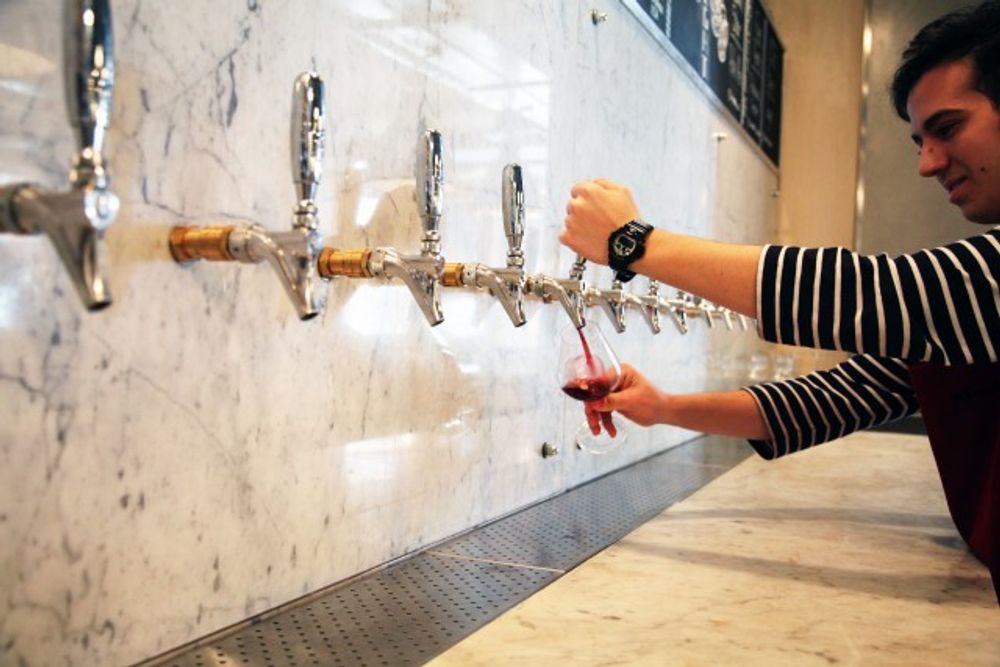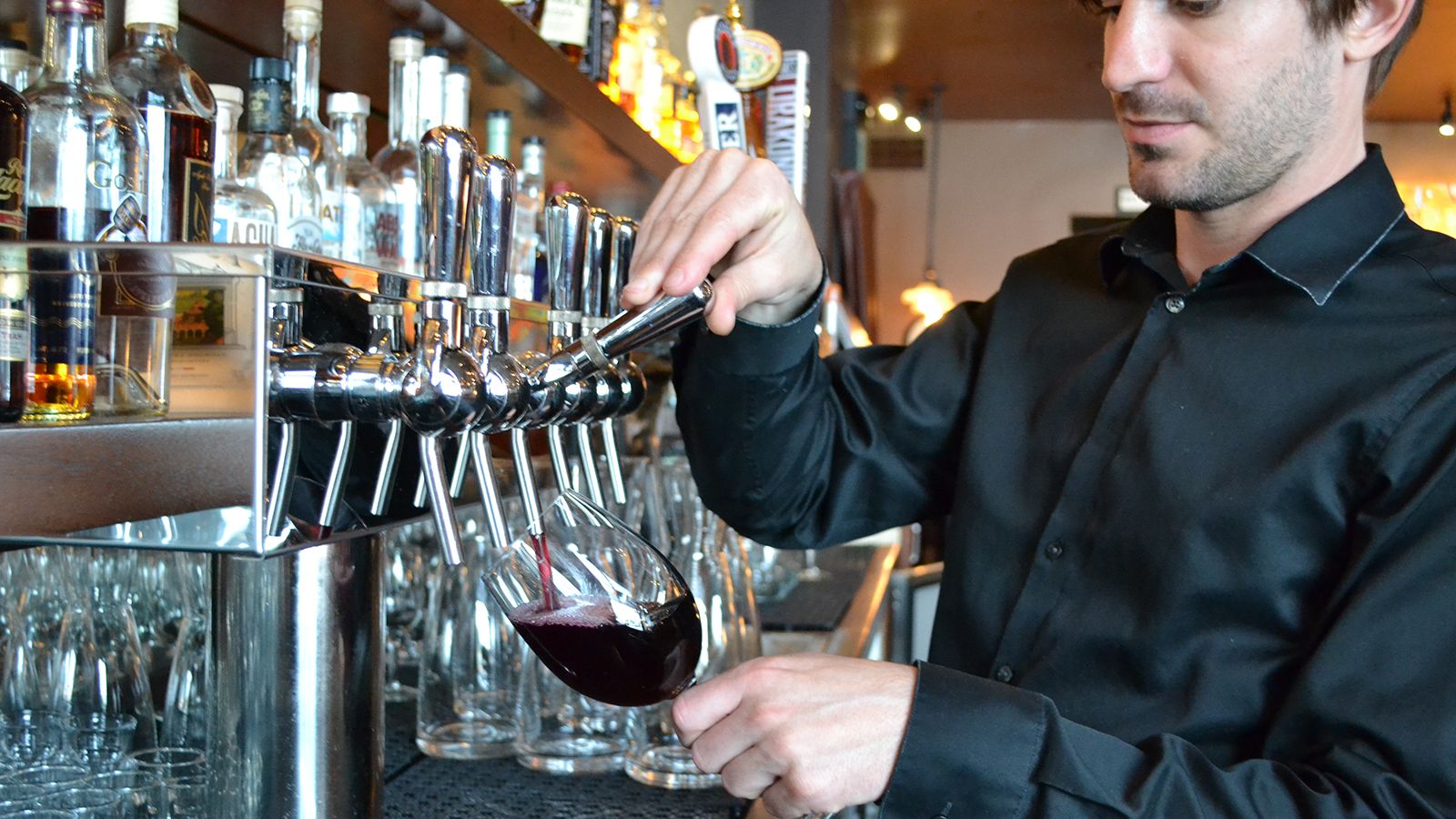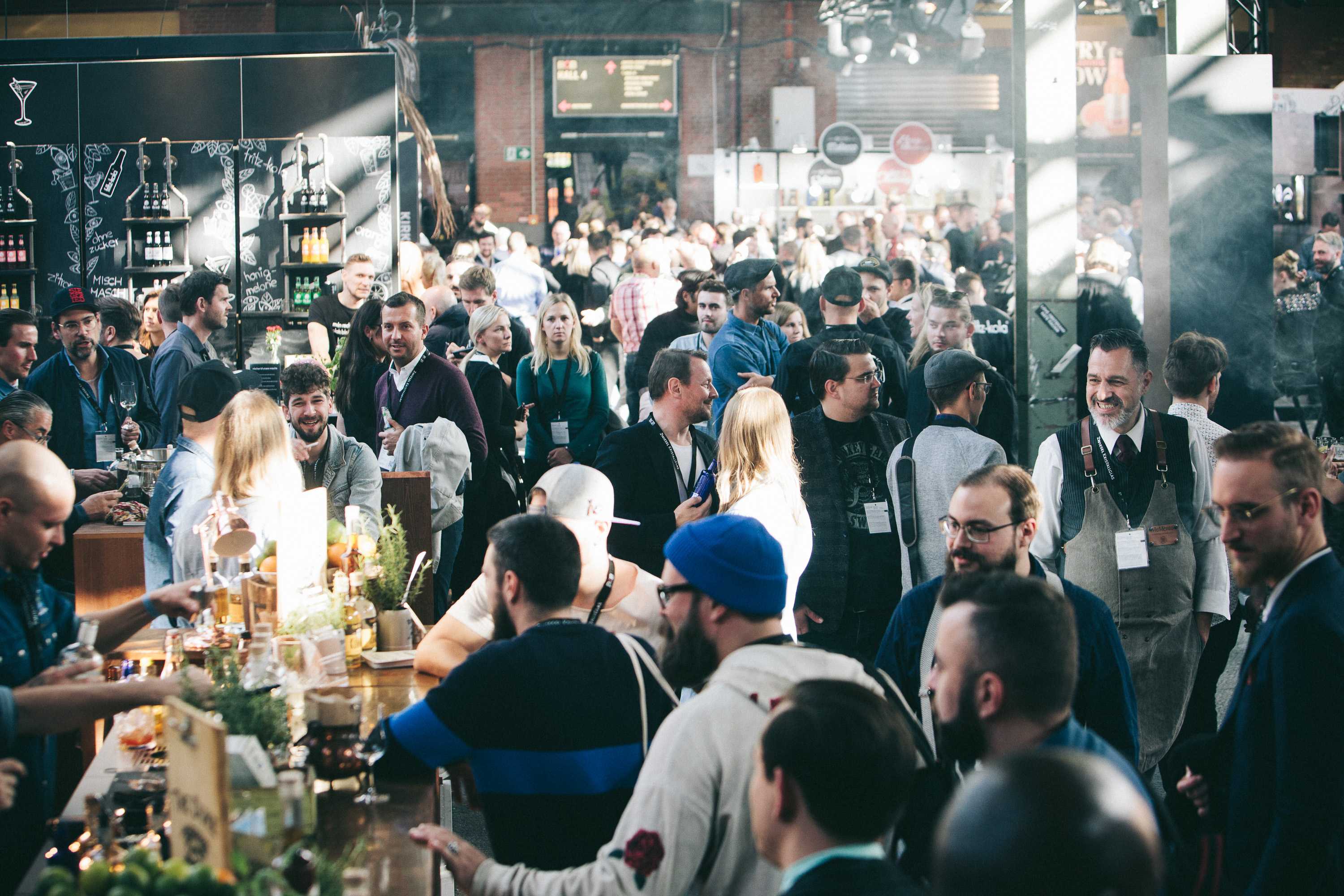As the pressure on margins and the need to drive value down the on-trade supply chain grows, then bulk and bottled in market wines have a key role to play in offering both customers and consumers the quality, but value wines they crave.
It is fair to say that the enormous growth and importance in bulk wine, to date, has come on the back of the power and clout of the major supermarkets. It has been their demand for wines to produce their own labels and exclusive brands that has helped drive the demand for the huge volumes of wine now being shipped ever day around the world.
Just the amount of wine needed to feed their needs every month or quarter is enough for many wine producers and bulk wine brokers to make a healthy living.
But whilst the importance of supermarkets to the bulk wine industry is still very much alive and kicking the huge success they have had in taking more control of their supply chain, and their ability to drive out costs and manage their businesses more efficiently, has now caught the eye of leading players in the on-trade.
No longer is the on-trade just interested in bottled wine.
For a start the huge rise in the number of people wanting to eat and drink out on a more regular basis has helped drive the enormous growth in the number of major restaurant chains and groups that they can choose to go to. Eating out has become an entertainment in its own right. It is no coincidence that trips to the cinema or theatre have dipped as the number of eating out occasions have increased.
Dining demands

Chains such as Byron have changed the face of UK dining and the need for the same level of service and food and drink offer every time you visit
The casual dining scene, in particular, is no longer just all about fast food or food to go. The casual dining restaurant chains have been able to duplicate the fast food chain’s ability to be able to produce almost exactly the same dish or plate of food every time.
So rather than just grab a burger to eat walking down the street, more people, particularly young families, are choosing to sit down, relax and enjoy what have become great locations to visit in their own rights.
In fact it is now quite common to see queues of people stretching down the street just to get in to the latest happening burger or pizza chain that has opened in the neighbourhood.
But whilst initially the demands on those restaurants and chains was to get the food offer consistently right every time, that focus has now switched to the drinks and, in particular, the wine they are selling.
In the same way they do not want to take a risk on the food they are serving, they want to be assured that the glass off wine being poured for each customer will be the same every time. Keeping them happy and making sure they come back for their next visit.
Those restaurant chains are increasingly turning to their wine suppliers to be able to deliver that consistent glass of wine time and again. Be it a New Zealand Sauvignon Blanc, Argentinian Malbec or Chilean Merlot. Wines that have to deliver what the consumer expects every time they order it.
Big demands on suppliers
Which, in turn, has forced a major change in thinking amongst some of our major, or more innovative, wine suppliers. If it hasn’t, then it should. They know they can’t rely on pre-bottled wine, particularly under cork, to deliver a consistent glass every time.
Instead they are turning increasingly to the bulk wine sector so that they can ship, blend, bottle in market and be able to give those increasingly important restaurant chains and hotel groups the consistent quality wine service they demand.
By taking as much risk out of the supply chain as possible they know that each bottle they deliver is going to be as consistent as every burger, pizza or chicken menu on the menu.
It was interesting last week to talk to two of the most established wine suppliers in the UK, Alliance Wine and Ehrmanns, about how bulk wine is helping them offer a completely new level of service to some of their customers in the mainstream on-trade.

Alliance Wine’s Giles Cooke MW says shipping in bulk is helping it drive a sustainable supply chain
Alliance Wine, for example, has set up a bottling facility at one of its Rioja producers to take in bulk wine shipped from Australia, Argentina, Chile, and South Africa as well as its strong contacts across Spain and Italy. Using bulk wine either from its own winery interests across those countries or third party producers. Wine that is then going to major customers both in the on and off-trades, with a particular focus on building bigger volumes with larger customers in the on-trade.
It is also very much part of what Alliance Wine calls building and running a sustainable supply chain where it is able to offer and provide value and margin to both the producer at one end and the customer at the other, and all the parts inbetween.
What’s more it is allowing Alliance Wine to work with its on-trade customers to create exclusive brands and labels made from wine that they control every step of the way. Giving it a real point of difference in what we know is such a competitive route to market.

Ehrmanns has been able to take that brand building to another level with its Argentine Beefsteak Club brand. It is now shipping some 1.25m litres of Argentine Malbec to the UK to be bottled at Greencroft. Its Beefsteak brand has become a success in both the on and off-trades, and through creating different labels, including Meaty Malbec for the mainstream on-trade, it is able to offer different customers a recognised brand with their own customised look and feel.
Giles Cooke MW, wine development manager at Alliance Wine, believes the demands from both consumers and major on-trade customers for more food, friendly, lighter, fresher, easier to drink wines is having a big impact on the kinds of wine that global wine producers are now making. For years it was traditionally the big off-trade retail giants that set the wine trends, now thanks to the growth and diversity in major high street restaurant chains it is the on-trade.
Keg and tap

Pizza Pilgrims has made wine on tap a key feature of its restaurants
Bulk wine also now comes in very different forms and formats. You could argue that keg wine, and wines being used for wines on tap are merely an extension of the demand for wines that can be shipped in a far more economic, efficient and environmental way. The development in keg and tap wine technology is opening the door for more premium on-trade outlets to offer a very different service to their customers.
There is a growing number of outlets, from Vinoteca to Pizza Pilgrims to M Restaurant, that are now widely using keg and tap formats that is actually giving non bottled wine a good name. And opening new routes to market for suppliers such as Hatch Mansfield that are ahead of the game (see this Buyer article).
Contentious issue
Bottling larger volumes of wine in market remains a contentious issue. For some it still means lower quality, homogenous wines not fitting for a specialist wine importer. It is noticeable that most of our biggest national distributors shy away from talking about it, always stressing their focus is on sourcing and importing premium bottled wine. But they are also providing the bulk, if you excuse the pun, of the house wines being sold in the UK today. Wines that are being bought very much on their value for money credentials.
Surely there is a bigger role for bulk, and bottled in market wines to play, particularly for house and wines at the lower price points of the mid to premium on-trade? Not only does it appear to make commercial sense, the quality of bulk wine, and the shipping methods now used means there is little, if any difference, for wines at all the key competitive price points whether they come in bottle or in bulk. In fact, you could argue wines are more stable shipped in large flexitanks rather than being in bottle for weeks at at time on the sea.
As more medium sized importers see the commercial advantage in working more with bulk wine, and the major on-trade groups and chains see the value in stocking them, then more questions are going to be asked of our national wine distributors who, publicly at least, say they are not interested in going down that route.
If not, why not?
- This is an adapted and extended article that first appeared on VINEX the bulk wine trading platform.









































